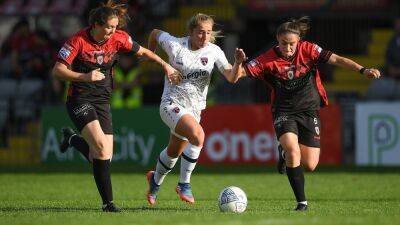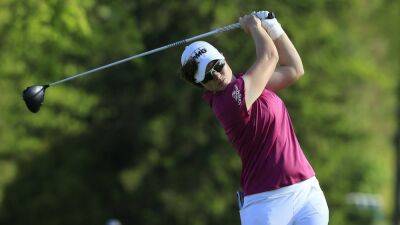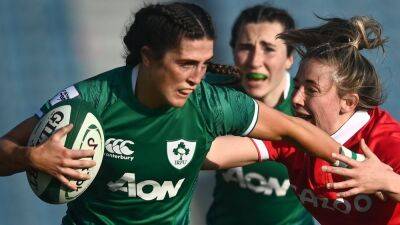IRFU bans transgender women players from female contact rugby
Transgender players will no longer be allowed to compete in women's contact rugby in Ireland after the Irish Rugby Football Union amended its gender participation policy.
The IRFU said the decision was based on medical and scientific evidence and in line with World Rugby guidance.
World Rugby last year banned transgender women players from competing at the elite level of the women's game, citing safety concerns, while England’s Rugby Football Union voted 33-26 in favour of restricting transgender participation in its domestic game last month.
The IRFU admitted it is a "sensitive and challenging area for those involved and the wider LGBTQ+ community" and has contacted the registered players who are affected by the policy change.
The IRFU said in a statement: "Recent peer reviewed research provides evidence that there are physical differences between those people whose sex was assigned as male and those as female at birth, and advantages in strength, stamina and physique brought about by male puberty are significant and retained even after testosterone suppression.
"The new policy, which is in line with that of World Rugby, the RFU and other governing bodies, will mean that contact rugby for players in the female category is limited to those whose sex was recorded as female at birth.
"There are two registered players affected, in Ireland, by this change and the IRFU has discussed the matter directly with them including options to remain active in the game, such as non-contact playing formats (tag/touch rugby), refereeing, coaching, and volunteering, underlining that the IRFU values their on-going involvement in the game."
In the male category, players whose sex is recorded at birth as female may continue to play if they provide








